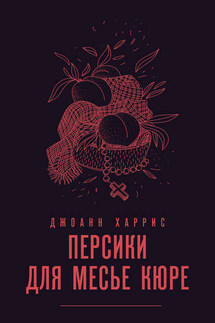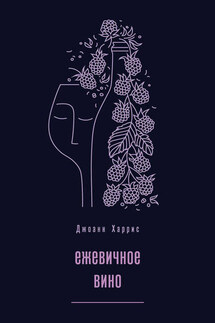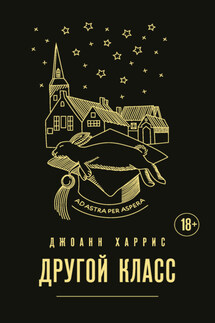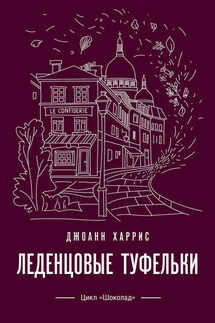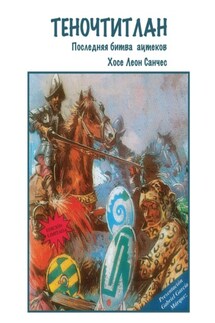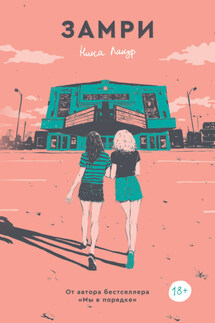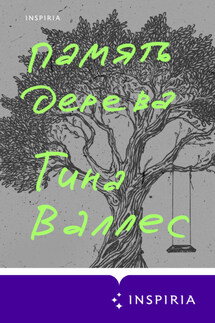Five Quarters of the Orange / Пять четвертинок апельсина - страница 55
Except that wasn’t quite right, I told myself then. Not quite true. And then I kissed my granddaughter and told her I’d tell her the rest later, that I didn’t know why I was telling her a load of old fishing stories anyway, and in spite of her protests, between coaxing and nonsense, we finally got her to bed. I thought about it that night, long after the others were asleep. I never had much trouble sleeping, but this time it seemed like hours before I could find any peace, and even then I dreamed of Old Mother down in the black water, and myself pulling, pulled, pulling, as if neither of us could bear ever to let go…
Anyway, it was soon after that they came. To the restaurant to begin with, almost humbly, like ordinary customers. They had the brochet angevin and the tourteau fromage. I watched them covertly from my post in the kitchen, but they behaved well and caused no trouble. They spoke to each other in low voices, made no unreasonable demands on the wine cellar, and for once refrained from calling me Mamie. Laure was charming, Yannick hearty; both were eager to please and to be pleased. I was somewhat relieved to see that they no longer touched and kissed each other so often in public, and I even unbent enough to talk to them for a while over coffee and petits fours.
Laure had aged in four years. She had lost weight-it may be the fashion, but it didn’t suit her at all-and her hair was a sleek copper helmet. She seemed edgy too, with a habit of rubbing her abdomen as if she had a pain there. As far as I could see, Yannick hadn’t changed at all.
The restaurant was doing well, he declared cheerfully. Plenty of money in the bank. They were planning a trip to the Bahamas in spring; they hadn’t had a holiday together in years. They spoke of Cassis with affection and-I thought-genuine regret.
I began to think I’d judged them too harshly.
I was wrong.
Later that week they called at the farm, when Pistache was about to put the children to bed. They brought presents for us all, sweets for Prune and Ricot, flowers for Pistache. My daughter looked at them with that expression of vacant sweetness which I know to be dislike, and which they no doubt took for stupidity. Laure watched the children with a curious insistence that I found unsettling; her eyes flicked constantly toward Prune, playing with some pine cones on the floor.
Yannick settled himself in an armchair by the fire. I was very conscious of Pistache sitting quietly nearby, and hoped my uninvited guests would leave soon. However, neither of them showed any desire to do so.
“The meal was simply wonderful,” said Yannick lazily. “That brochet-I don’t know what you did with it, but it was absolutely marvelous.”
“Sewage,” I told him pleasantly. “There’s so much of it pours into the river nowadays that the fish practically feed on nothing but. Loire caviar, we call it. Very rich in minerals.”
Laure looked at me, startled. Then Yannick gave his little laugh-hé, hé, hé-and she joined him.
“Mamie likes her joke, hé, hé. Loire caviar. You really are a tease, darling.”
But I noticed they never ordered pike again.
When Pistache had put the children to bed, Yannick and Laure began to talk about Cassis. Harmless stuff at first-how Papa would have loved to see his niece and her children.
“He was always saying how much he wanted us to have children,” said Yannick. “But at that stage in Laure’s career-”
